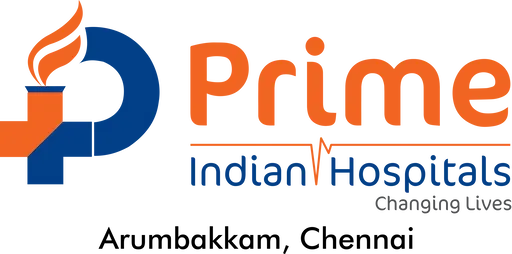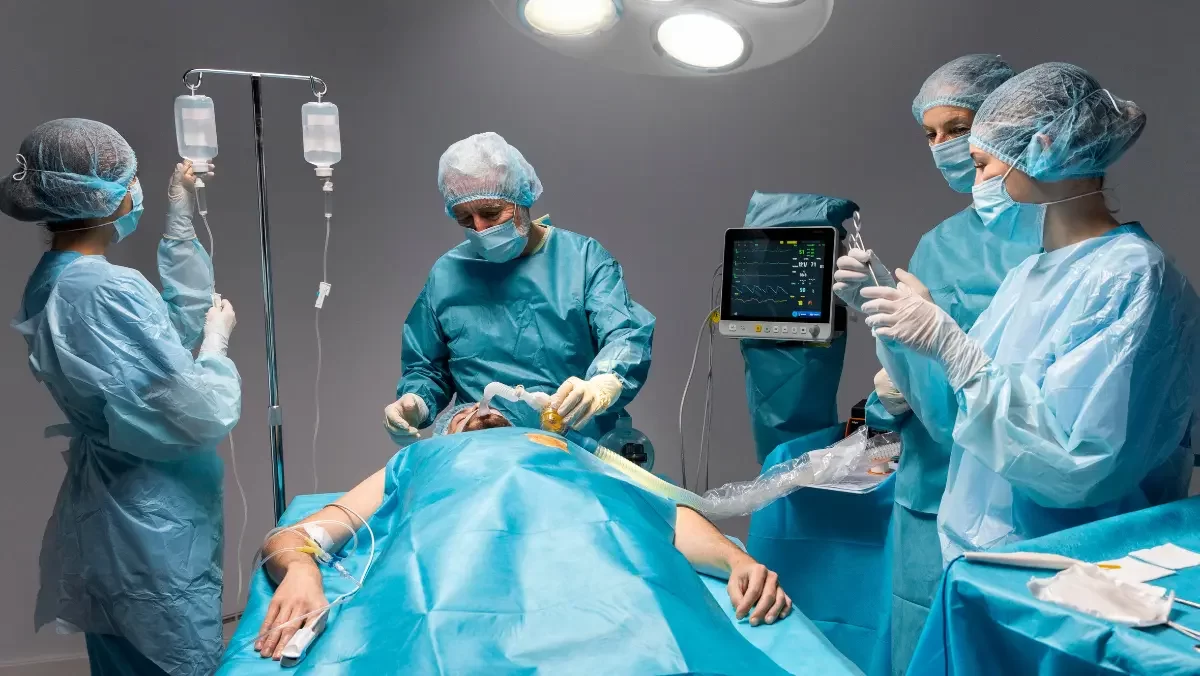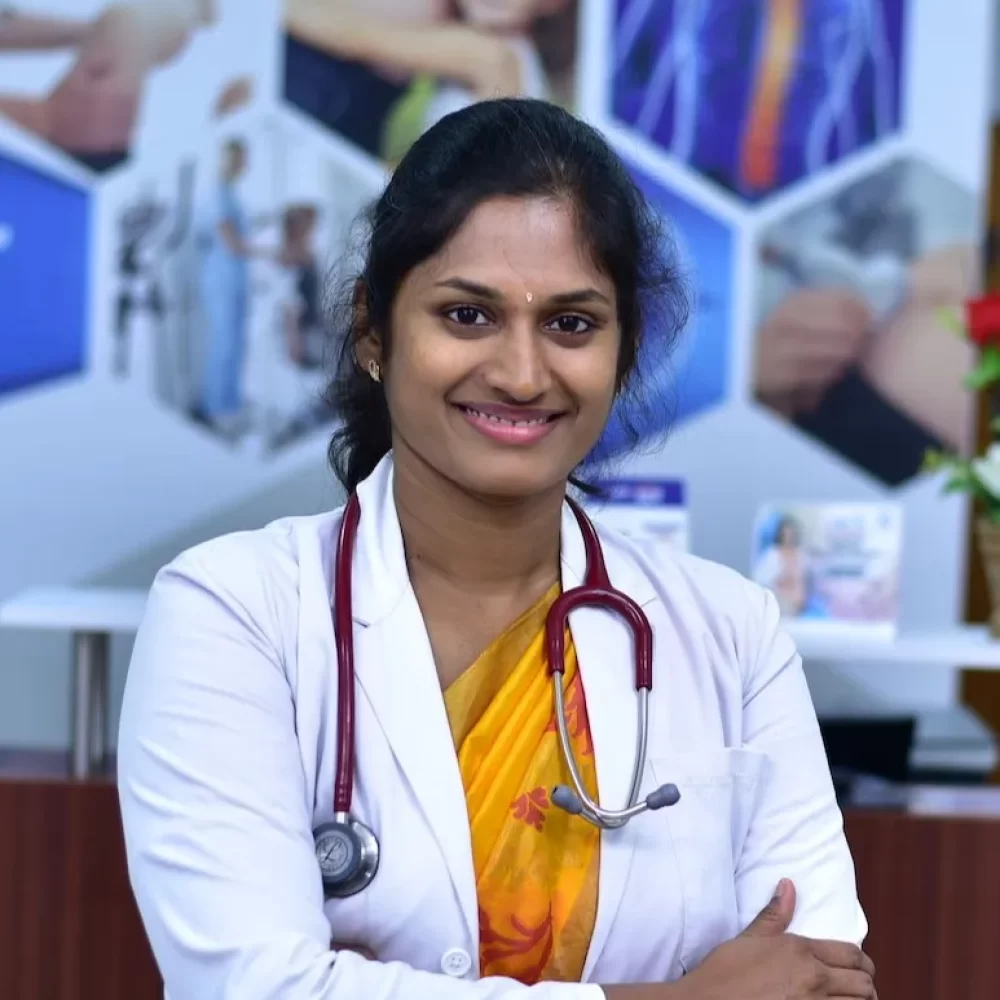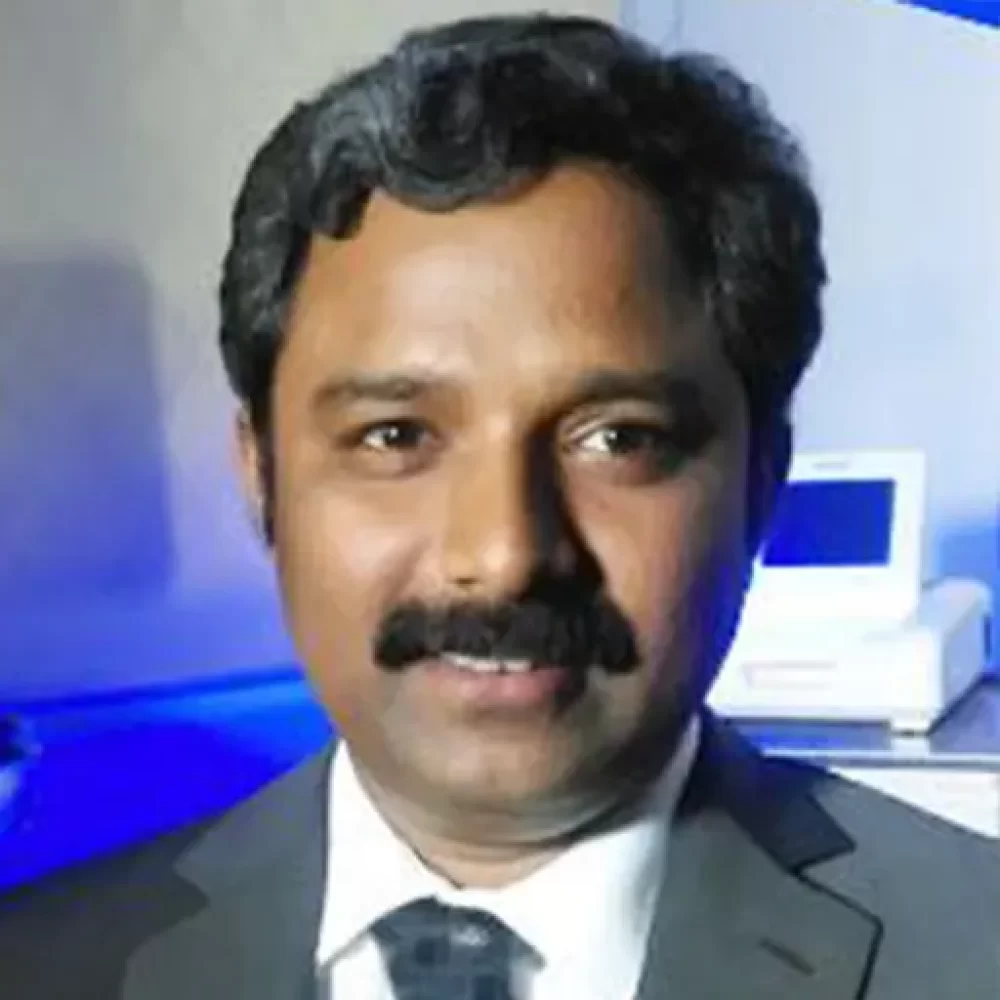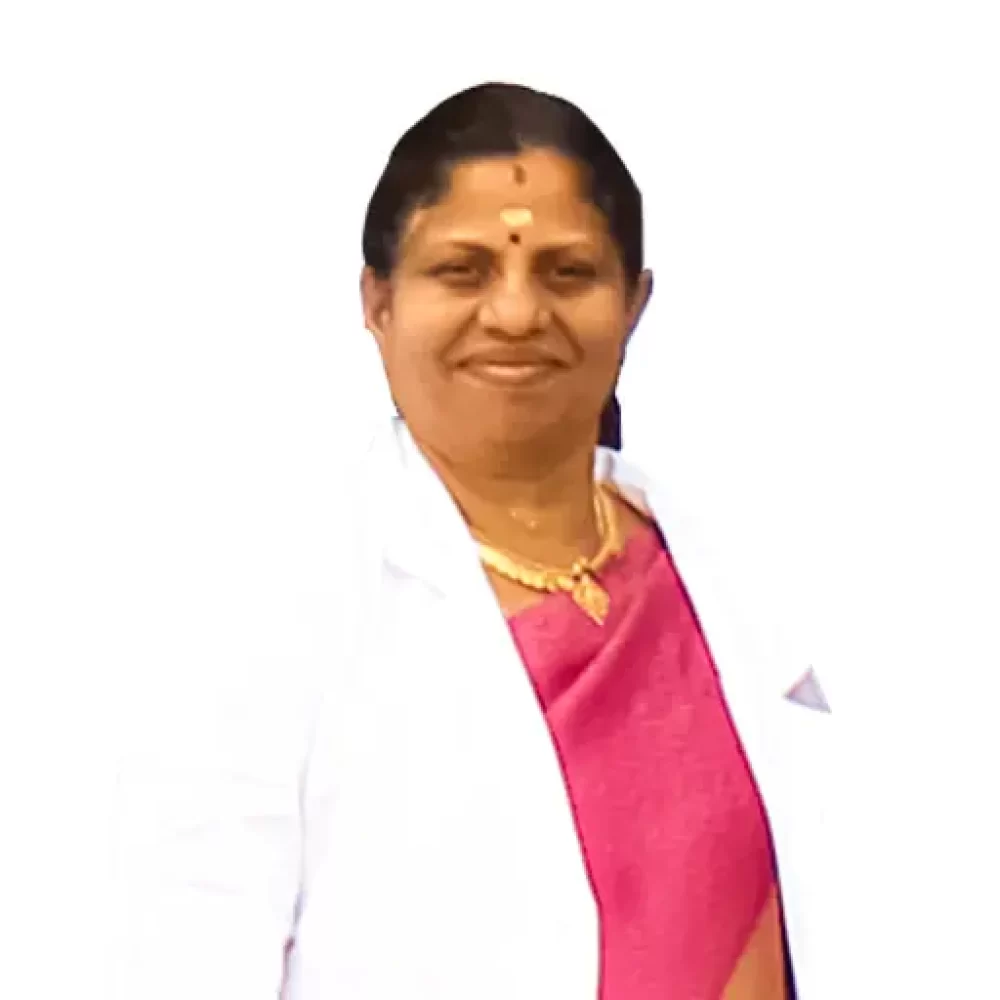- Vascular surgery is a specialized field of medicine that focuses on diagnosing, treating, and managing diseases affecting the blood vessels, including arteries, veins, and lymphatic vessels. The importance of vascular surgery cannot be overstated, as it addresses a variety of critical conditions such as aneurysms, varicose veins, and peripheral artery disease, which can significantly impact overall health and quality of life. Vascular surgeons employ both traditional open surgeries and minimally invasive procedures, using advanced techniques to restore blood flow, reduce symptoms, and improve patient outcomes.
- These procedures are vital in preventing severe complications such as organ damage, stroke, and even amputation. With the rise of lifestyle-related conditions like diabetes and hypertension, the demand for vascular surgery has grown, highlighting the need for early diagnosis and treatment. Specialized vascular surgery ensures that patients receive comprehensive care to manage and overcome these potentially life-threatening conditions.
Types of Vascular Surgery
Vascular surgery encompasses a broad range of procedures aimed at treating disorders of the blood vessels. Depending on the nature and severity of the condition, vascular surgeons may perform open surgeries or minimally invasive interventions. Some of the common types of vascular surgery include:
- Endovascular Surgery: This is a minimally invasive procedure where a catheter is inserted through the skin to repair or treat blood vessels. It is often used for procedures such as stent placements or aneurysm repairs.
- Bypass Surgery: This procedure is performed to redirect blood flow around blocked or narrowed arteries, commonly used for peripheral artery disease (PAD).
- Carotid Endarterectomy: A surgery designed to remove plaque buildup from the carotid arteries in the neck to prevent strokes.
- Aneurysm Repair: Involves the surgical removal or repair of a balloon-like bulge in a blood vessel, commonly seen in the aorta.
- Vein Stripping and Sclerotherapy: These procedures are used to treat varicose veins, either by removing them surgically or by injecting a solution to collapse the vein.
Each type of vascular surgery is tailored to the patient’s specific condition and overall health.
Symptoms Indicating a Need for Vascular Surgery
Recognizing the symptoms of vascular conditions early is crucial for effective treatment. Vascular disorders can manifest in a variety of ways, affecting the circulation and function of the blood vessels throughout the body. Common symptoms include:
- Pain or Cramping in the Legs: Often a sign of peripheral artery disease (PAD), where blocked arteries restrict blood flow to the limbs, causing discomfort during physical activity.
- Swollen or Discolored Legs: Persistent swelling, especially in the legs, combined with skin discoloration, may indicate vein problems such as chronic venous insufficiency or varicose veins.
- Fatigue or Dizziness: This may be a sign of insufficient blood flow to the brain, often caused by carotid artery disease or other blockages in the vascular system.
- Non-Healing Wounds: Poor circulation can hinder the body’s ability to heal wounds, particularly in diabetic patients, which may require surgical intervention.
- Aneurysm Symptoms: A bulging or throbbing sensation in the abdomen or chest may indicate an aneurysm, which can be life-threatening if not treated.
If any of these symptoms are present, it is crucial to consult a vascular specialist for proper diagnosis and treatment.
Diagnosis & Treatment Options
The diagnosis of vascular conditions typically involves a combination of medical history review, physical examination, and specialized diagnostic tests. After identifying the underlying problem, vascular surgeons employ a range of treatment options to restore healthy blood flow and alleviate symptoms. Common diagnostic tools include:
- Ultrasound: Non-invasive imaging used to detect blockages, blood clots, or abnormalities in the blood vessels.
- CT and MRI Angiography: These imaging techniques provide detailed views of blood vessels and are often used to assess the location and extent of vascular problems.
- Ankle-Brachial Index (ABI): A test that measures the blood pressure in the ankle and compares it to the blood pressure in the arm to diagnose peripheral artery disease.
- Doppler Studies: These studies measure the flow of blood in the vessels to identify potential blockages.
- Advanced Diagnostic Techniques: Cutting-edge imaging methods such as Doppler ultrasound, CT angiography, and MR angiography allow vascular specialists to assess blood flow, detect blockages, and plan the most effective treatment approach.
Treatment options range from lifestyle modifications, such as diet changes and exercise, to medications that prevent blood clots or manage high blood pressure. For more advanced cases, surgery may be necessary to remove blockages, repair aneurysms, or improve blood flow through bypass procedures or stent placements. Minimally invasive procedures are often preferred due to their faster recovery times.
Why Choose the Best Vascular Surgery in Chennai?
Choosing a skilled and experienced vascular surgeon is essential for the success of vascular surgery. The best vascular surgery clinics in Chennai offer a combination of advanced technologies, expert surgeons, and a comprehensive approach to patient care. Patients can expect:
- Expert Care from Specialized Surgeons: Highly trained vascular surgeons use cutting-edge techniques and technology to provide precise treatments tailored to individual needs.
- Comprehensive Diagnostic Tools: The latest diagnostic equipment ensures accurate assessment of vascular health, helping to determine the best course of action for treatment.
- Minimally Invasive Options: Many top clinics offer minimally invasive treatments that reduce recovery time, minimize complications, and improve patient outcomes.
- Patient-Centered Approach: The best clinics prioritize patient comfort and care, offering personalized consultations, treatment plans, and follow-up care.
- State-of-the-Art Facilities: Advanced infrastructure and modern technology support the delivery of high-quality vascular care, ensuring optimal results.
By choosing a reputable vascular surgery clinic, patients gain access to the highest standards of care, increasing the likelihood of a successful outcome.
Post-Surgery Recovery & Care
Recovery after vascular surgery is a critical phase that directly impacts the patient’s long-term health and mobility. After surgery, patients may experience mild discomfort, swelling, and bruising, which are common but should gradually subside. Proper post-surgery care is essential for optimal healing and preventing complications:
- Follow-Up Appointments: Regular check-ups are essential to monitor recovery, detect any complications, and assess the effectiveness of the procedure.
- Physical Activity and Rehabilitation: After a period of rest, patients are encouraged to engage in light physical activity to improve circulation and prevent blood clots.
- Medication Adherence: Taking prescribed medications, such as blood thinners or pain relievers, is crucial to manage symptoms and prevent complications.
- Diet and Lifestyle Changes: Maintaining a healthy diet, exercising regularly, and quitting smoking are important for promoting vascular health and reducing the risk of future problems.
- Wound Care: Proper wound care ensures that surgical sites heal properly and helps prevent infections.
By following the post-surgery instructions carefully, patients can expect a smoother recovery process and a return to normal activities over time.
Conclusion
Vascular surgery plays a pivotal role in the treatment and management of vascular diseases that affect the blood vessels. Whether addressing peripheral artery disease, aneurysms, or varicose veins, timely and appropriate intervention is essential for preventing life-threatening complications and improving a patient’s quality of life. With advancements in surgical techniques and minimally invasive procedures, patients can now expect quicker recovery times and better outcomes.
At Prime Indian Hospital, we are committed to providing world-class vascular care, combining state-of-the-art technology with expert care to ensure the best possible results. Our team of specialists offers comprehensive vascular services, including treatments for arterial blockages, varicose veins, and aneurysms, ensuring improved blood flow and overall health.
In addition to vascular care, we provide specialized services in Nephrology & Urology, offering comprehensive care for kidney and urinary tract health.By integrating vascular, nephrology, and urology care, we ensure a holistic approach to health, focusing on prevention, early detection, and treatment of conditions like kidney failure, bladder disorders, and prostate issues.
Choose the best vascular surgery services to restore your vascular health and lead a healthier, more active life. With advanced techniques and a multidisciplinary approach, Prime Indian Hospital provides personalized treatment plans tailored to your specific health needs.
